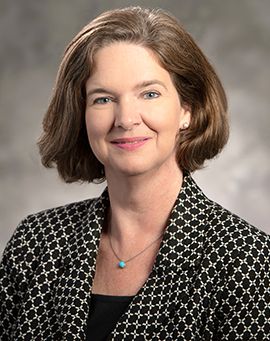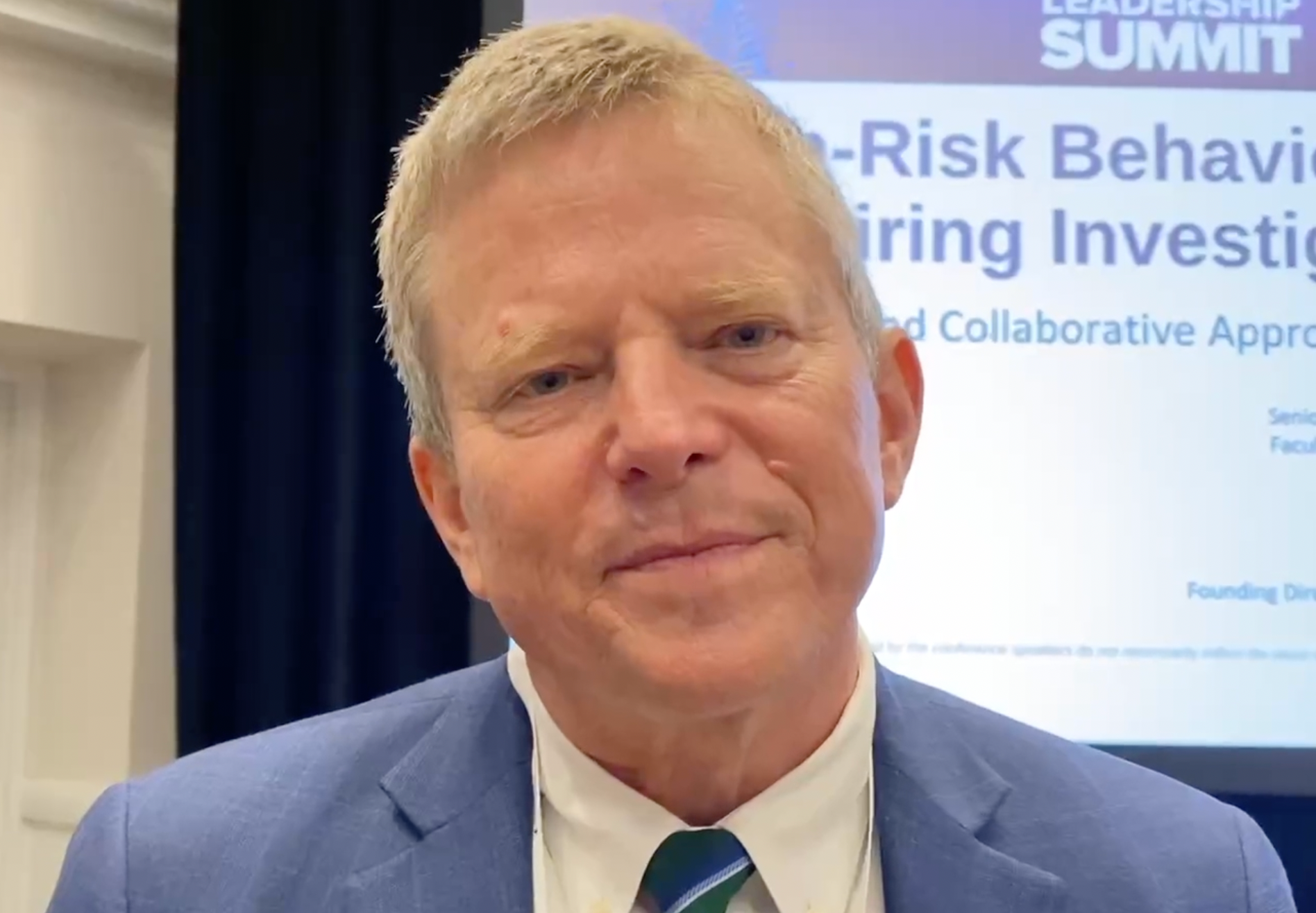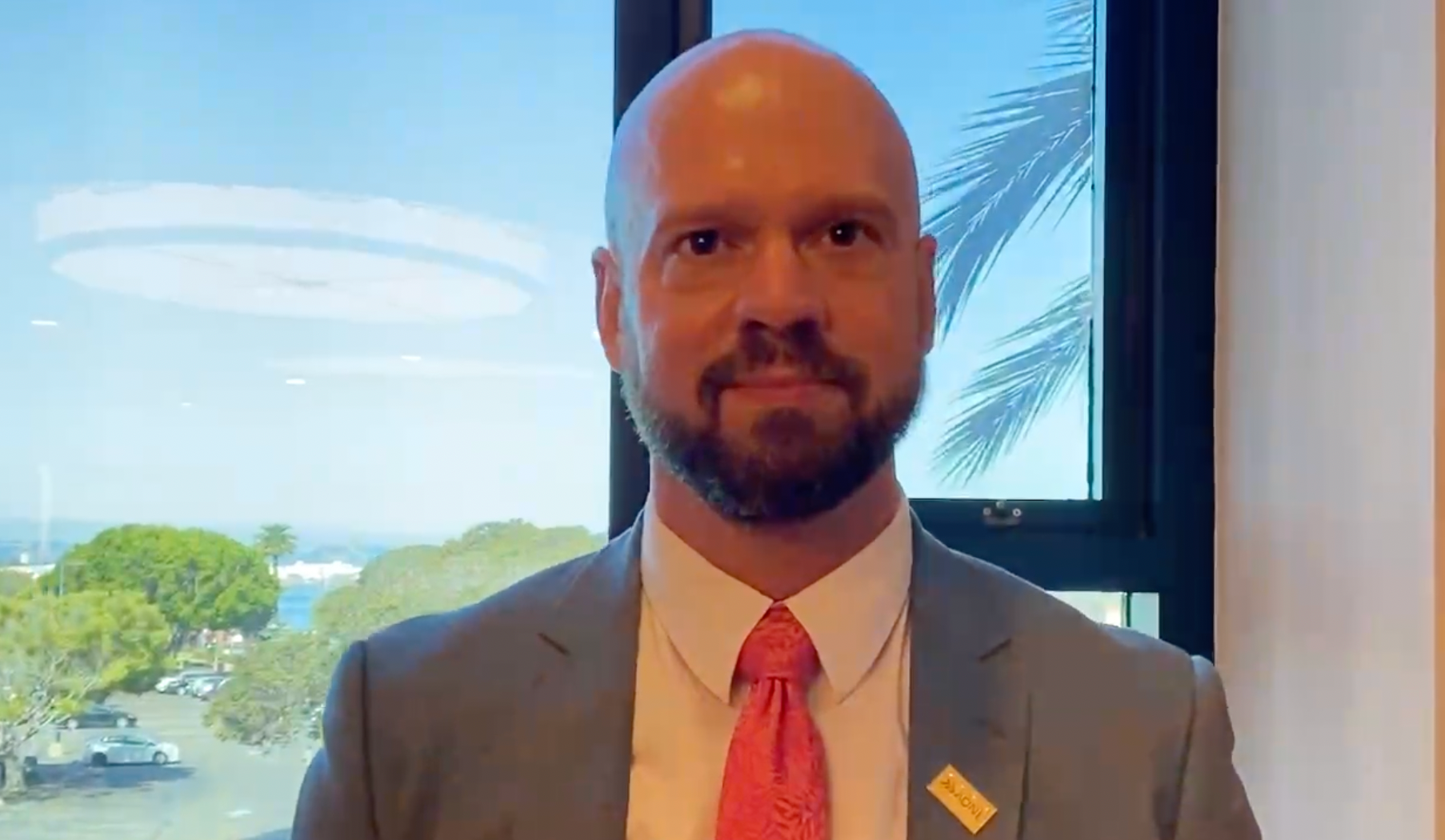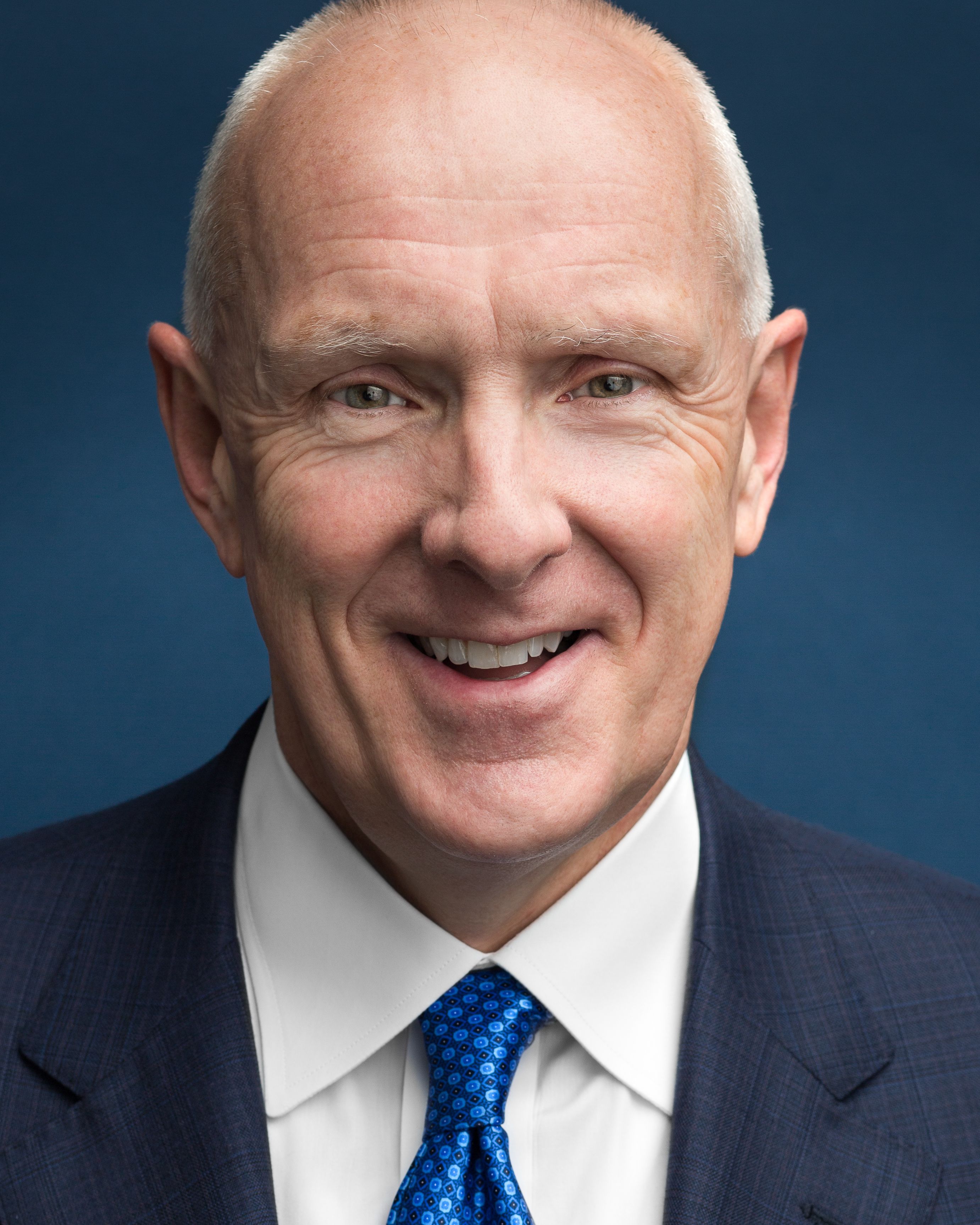Why hospital leaders should think before sending that late night email
Healthcare leaders are worried about burnout among their teams. They can help by respecting time off the clock, getting workers to take vacation, and taking time off themselves.
Hospital leaders routinely cite the well-being of their staff as one of their top concerns in the COVID-19 pandemic.
Katie Galbraith, new president of Lankenau Medical Center

Doctors, nurses and other healthcare professionals have said they are worn out after batting COVID-19 for more than two years. Healthcare leaders say they understand that even the most resilient workers have been through more than they ever would have imagined.
Now, healthcare leaders say they need to set a better example by adjusting expectations of their staff, including how often they need to respond outside of work. Leaders say they need to get their team members out of the hospital and make their work life more manageable.
Yes, the healthcare profession’s demands go beyond normal business hours, since medical emergencies happen around the clock, especially in a pandemic. Still, some leaders say they are trying to be more cognizant about giving workers a break, and a bit more space.
Katie Galbraith has been president of Duke Regional Hospital in Durham, N.C. for eight years, and is about to take over as president of Lankenau Medical Center, part of Main Line Health in the Philadelphia region.
In an interview with Chief Healthcare Executive, Galbraith said burnout "is probably the biggest thing that keeps me up at night, is the concern for the well-being for our team."
As part of that effort to help preserve the health of team members, she tries to avoid sending too many emails to team members late in the evening.
“I think if I’m emailing people at all hours of the night, even though I don’t expect them to email me back, I think sometimes people think that I expect them to email me back at all hours of the night, and checking their emails at all hours of the night,” Galbraith said. “And that’s just not the case. That's not a sustainable model for health and wellbeing for our team members.”
“I really do try to be cognizant of that,” she said. “Again, I used to be really good at that, not emailing at all hours. That’s been harder these last couple of years, because things have changed so quickly, and things have been happening so quickly.” (Watch video of Katie Galbraith talking with Chief Healthcare Executive about taking care of staff. The story continues below the video.)
Adjusting expectations
Hospital executives must do better at taking care of their employees if they want to keep them.
Two out of three nurses (67%) said they intend to leave their current position within three years, according to a survey by the American Association of Critical-Care Nurses. In 2018, 39% of nurses said they had appropriate staffing the majority of the time. More than one in five doctors are also thinking of walking away, according to a study published in Mayo Clinic Proceedings.
Michael Ivy, deputy chief medical officer of Yale New Haven Health

Healthcare leaders must recognize that “everybody’s struggling,” even the most resilient staff members, said Michael Ivy, deputy chief medical officer of Yale New Haven Health.
As the pandemic continues, leaders need to manage expectations of workers, he said.
Given the ongoing difficulties of the pandemic, healthcare leaders also need to adjust their expectations of workers.
“People are worn out, just worn out,” Ivy said. “You have to change that expectation. I mean, I’m all about optimism, but it has to be realistic optimism.”
Erik Martin, the vice president of patient care services and chief nursing officer at Norton Children’s Hospital in Louisville, Ky., said hospital leaders can think about how many audits are truly needed, and other ways to take some administrative tasks off staff.
“These are not normal times,” he said at the American Hospital Association Leadership Summit last month.
Joseph Cacchione, incoming president and CEO of Jefferson Health and Thomas Jefferson University, said he wants to work with health system leaders to create more flexible scheduling.
“We’re going to be looking for a more flexible and inviting work calendar for our medical professionals, our nurses, and respiratory therapists,” he told Chief Healthcare Executive.
Setting a better example
Hospital leaders need to set the example of taking time off, for their own mental health and for the sake of their teams. Healthcare leaders also need to send a message that workers aren’t letting the organization down by taking a vacation and spending time with their families and loved ones.
Erik Martin, vice president of patient care services and chief nursing officer at Norton Children’s Hospital

“I think I and all leaders need to go back to really thinking about how we show up every day and how we role model what we want for our teams, which is for them to be able to be well rounded, and to have that time off, and to be able to take a break, and to not be constantly tied to their cellphones, and to feel like they can take care of themselves first and foremost,” Galbraith said.
“It’s that old saying of ‘Put your own oxygen mask on first.’ We need to be able to do that. And that’s been harder in the last two and a half years,” she added.
Some hospital leaders can be reluctant to take time off because they know how hard their staff are working and feel guilty about taking a break.
“It’s easy as leaders to feel that way,” Galbraith said. “I don’t want to take a day off because I don’t want to let the rest of the team down, and there’s got to be something I can do to support the team, because I know how hard they’re working. And it’s still important to be able to take that time. If I take a day off, I come back a much more refreshed leader.”
- Related story: Surgeon General Vivek Murthy issues advisory on burnout
Prescription: A vacation
Martin, who is also the president of the American Organization for Nursing Leadership, talked about the importance of leaders setting the example. When hospital leaders keep pushing themselves and don’t take breaks, they’re setting a bad example, Martin said.
Warner Thomas, president and CEO of Ochsner Health

“I think in our industry, healthcare, we’re always in it to care for other people,” said Martin. “And I don’t think that we truly always understand when we’re not taking care of ourselves, it sends a subliminal message to our teammates that it’s not OK for them to take a break either.”
However, hospital and health system leaders need to make sure their doctors, nurses and other staff are getting some time off.
Sometimes, that means more than just a day.
“A day here and there is important,” Galbraith said. “It’s also important to get a stretch of time off and get some vacation or PTO.”
Warner Thomas, president and CEO of Ochsner Health, told Chief Healthcare Executive about the importance of getting staff to take personal time.
“We’re in a marathon that never ends,” Thomas said. “Our race never ends. We need to make sure people when they’re working hard, they’re in there, they get time off, and get a chance to decompress.
“The other thing is, people need to know that we care about them," he added. "We spend a lot of time on employee forums and on communication, and on rounding, and being out in our organization. People need to know what they do makes a difference. We care about what they do and we thank them for what they do. It is many times the small things. It’s verbalizing how you feel.”
Telehealth faces a looming deadline in Washington | Healthy Bottom Line podcast
February 12th 2025Once again, the clock is ticking on waivers for telemedicine and hospital-at-home programs. Kyle Zebley of the American Telemedicine Association talks about the push on Congress and the White House.